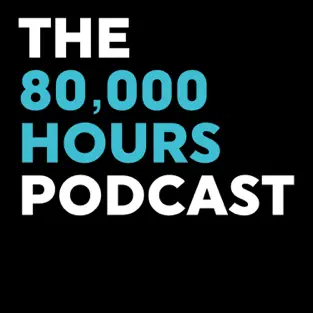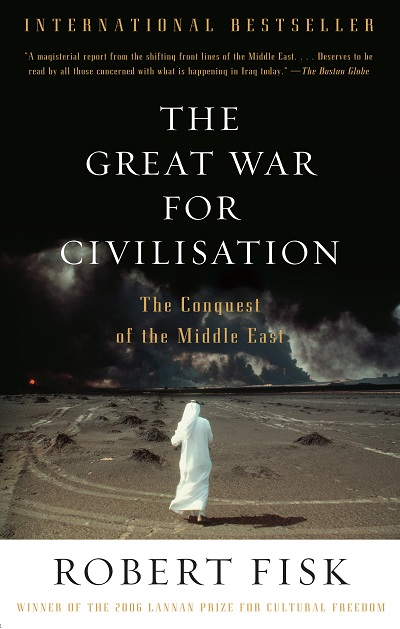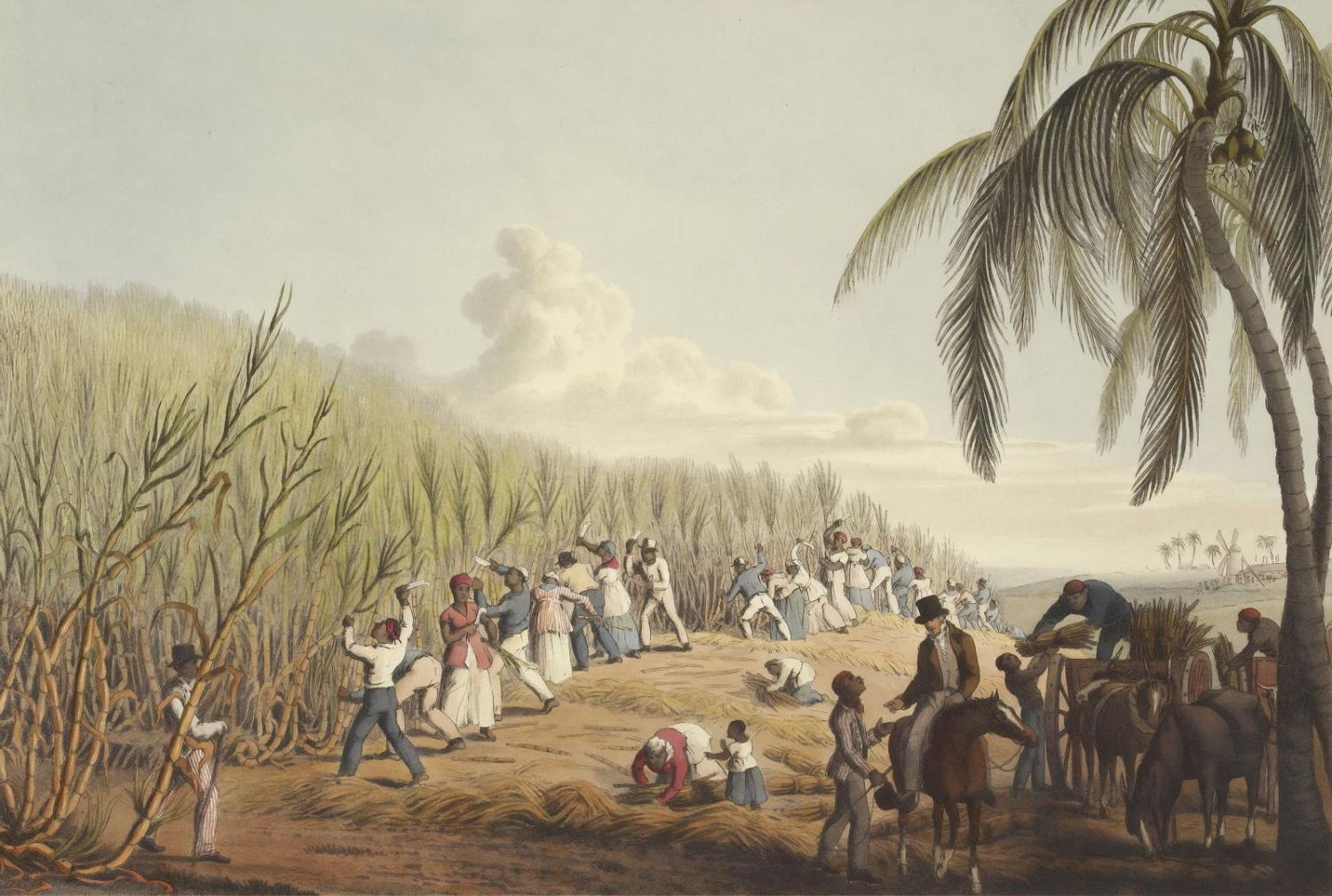We’re asking contributors to put together their own collected observations like this one – and as always, if you’ve got an idea to pitch for The Interpreter, drop a line via the contact details on the About page.
80,000 Hours is an organisation that looks at impactful careers and produces a regular podcast of long-form interviews that delve into people's work. Essential listening for anyone who is interested in the intersection between morality and policy is this interview with Christopher Brown. His research focuses on the abolition of slavery, and why it was not a historical inevitability.

Brown found the efforts of just a few dozen individuals and organisations over several decades created enough public awareness about the abhorrent nature of slavery and the momentum required for its abolition. Without them, Brown is unconvinced that slavery would have been abolished – and concedes the fragility of the decades-long process could have been derailed relatively easily.
Brown also sounds an uncomfortable note, believing the moral repugnance with which slavery is regarded today to be a construction after the fact and that abolition was likely a historical accident, given its ubiquity throughout history.
My takeaway? That the notion of inevitable progress cannot be borne out. Advocating for policy changes that have clear moral foundations is necessary to move society forward.

With all the attention on the Middle East in recent weeks, I found myself recalling many parts of The Great War for Civilisation: The Conquest of the Middle East by renowned and controversial war correspondent Robert Fisk. One of the very few Western journalists to interview Osama Bin Laden, the book draws on Fisk’s reporting from the 1970s onwards. He covers conflicts mostly from a first-hand perspective including Lebanon, fighting between Israelis and Palestinians, and the many wars in Iraq and Afghanistan. He also delves into the rise of the Wahhabist Saudi kingdom, the beginnings of the Iranian revolution, the barbarity of Saddam Hussein’s Ba’athist Party, along with the constant spectre of Western political, economic and military intervention.

